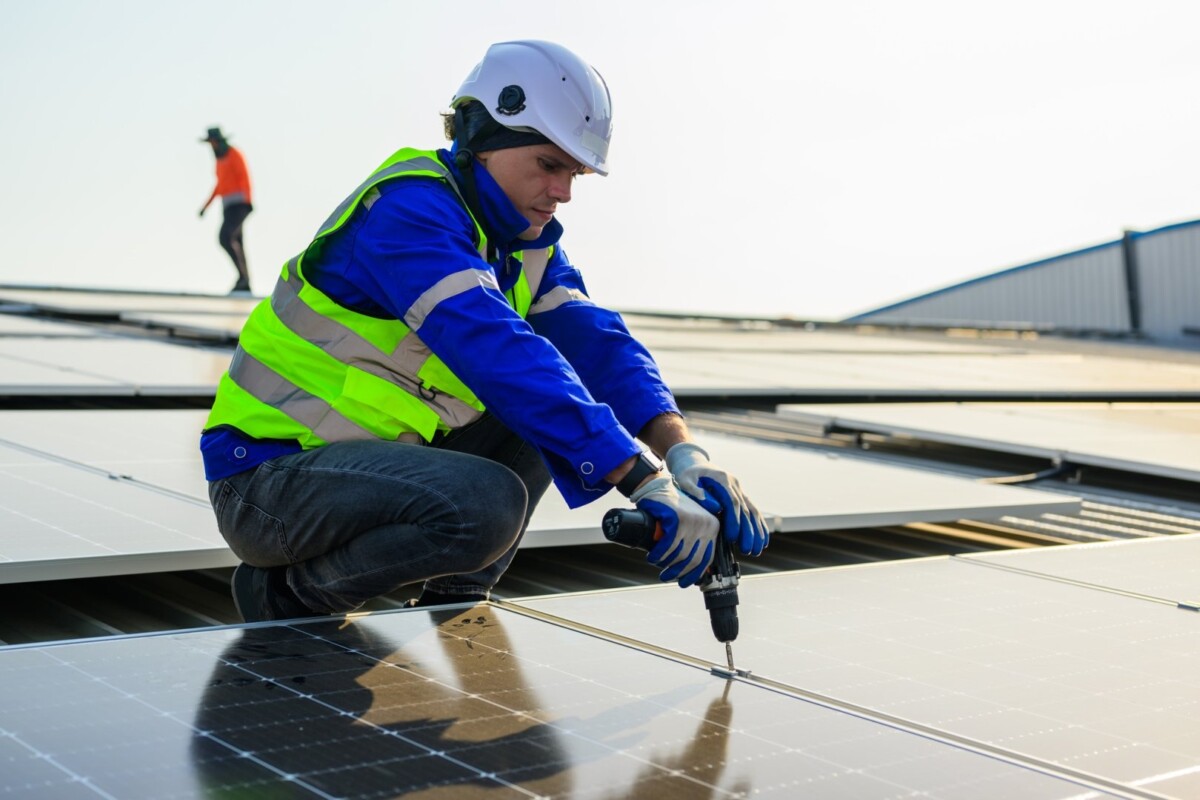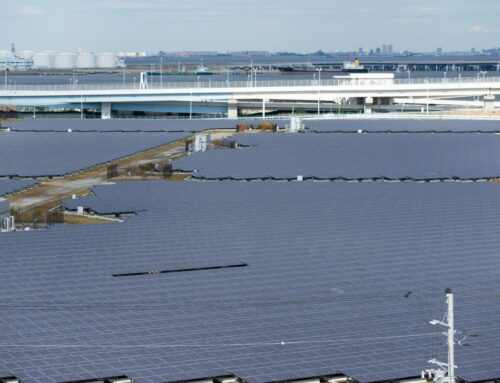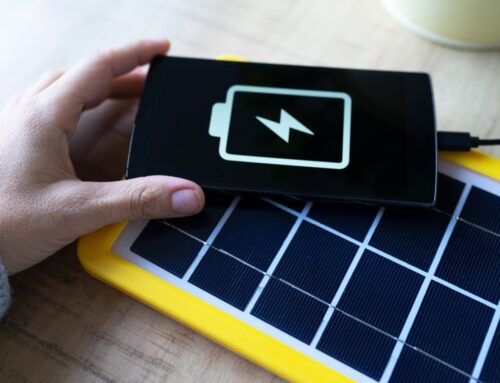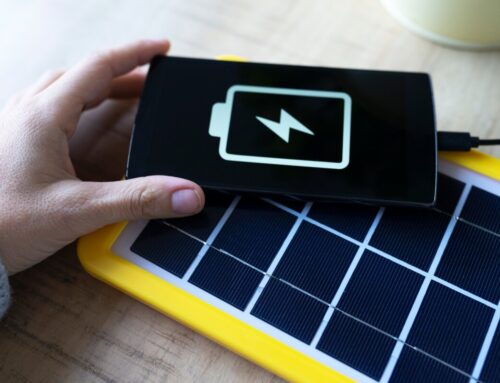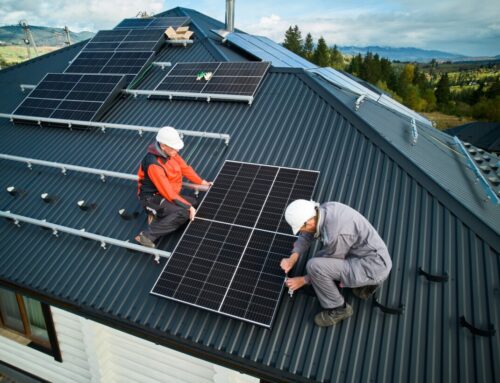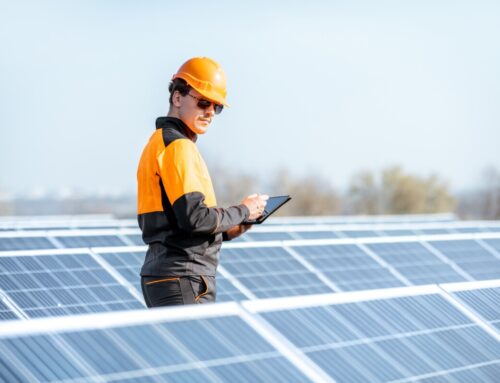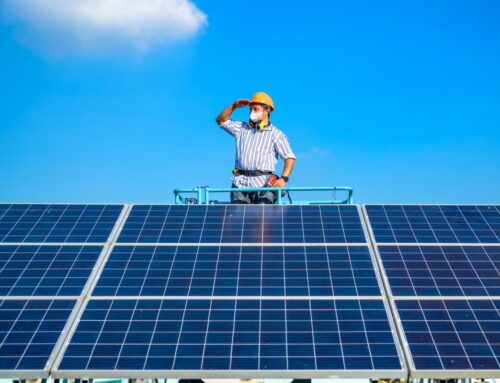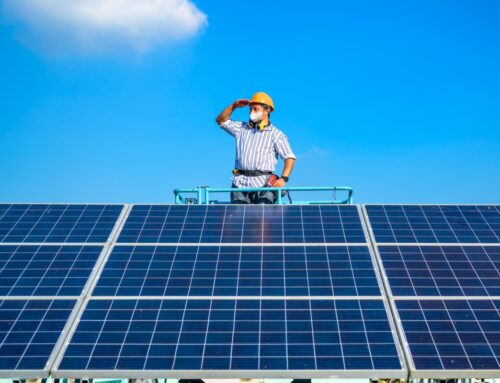Best Time to Install Solar Panels: A Guide
Understanding Seasonal Impacts: When Is the Best Time to Install Solar Panels?
Deciding when to install solar panels can greatly influence your energy savings and efficiency. But when is the best time to install solar panels? Each season offers unique advantages. Spring is ideal due to mild weather and longer days, allowing immediate energy generation before summer. Summer provides maximum sunlight, though it may lead to longer wait times due to high demand. Planning ahead can help you capitalize on the abundant sunshine.
Fall offers pleasant weather and less competition, ensuring your system is ready for winter sun. Winter might seem unusual, but it offers benefits like increased availability of installation services and potential discounts. Plus, your system will be ready to harness more sunlight as spring arrives. Understanding these seasonal impacts can help you choose the best time to install solar panels, optimizing your energy production throughout the year.
How Weather Patterns Influence Solar Panel Installation Timing
Understanding when is the best time to install solar panels can make a big difference in how much energy you save and how quickly you start seeing benefits. Weather patterns play a crucial role in this decision, as they affect both the installation process and the efficiency of your solar panels.
Spring: A Perfect Balance
- Mild Temperatures: Spring offers moderate temperatures, making it easier for installers to work efficiently without the extreme heat or cold.
- Longer Days: With more daylight hours, solar panels can start generating energy sooner, helping you save on electricity bills right away.
Summer: Maximum Sunlight
- Peak Sunlight: Summer provides the most sunlight, which is great for energy production.
- High Demand: However, this is also a busy time for installers, so scheduling might be tricky.
Fall: Preparing for Winter
- Cooler Weather: Fall’s cooler temperatures are ideal for installation, avoiding the summer rush.
- Winter Readiness: Installing in fall ensures your system is ready to capture winter sunlight, maximizing efficiency year-round.
Maximizing Efficiency: The Role of Sunlight in Solar Panel Installation
Choosing the right time to install solar panels is essential for maximizing their efficiency and effectiveness. Timing impacts how well your solar energy system harnesses the sun’s power, ensuring you get the most from your investment.
Why Timing Matters
- Sunlight Availability: Sunlight levels change throughout the year, so installing panels during sunnier months boosts energy production.
- Weather Conditions: Avoiding rainy or snowy seasons helps prevent installation delays and ensures a smoother process.
Optimal Seasons for Installation
- Spring: With longer days, spring provides ample sunlight, making it an ideal time for installation.
- Summer: The peak sun in summer ensures maximum energy capture, although it might be a busy time for installers.
In summary, knowing when is the best time to install solar panels can greatly enhance energy efficiency and save costs. By considering factors like sunlight availability and weather conditions, you can optimize your solar panel installation for the best outcomes.
Is Spring the Optimal Season for Solar Panel Installation?
Deciding when is the best time to install solar panels can greatly affect your energy savings and installation efficiency. Although solar panels can be installed any time of the year, spring is often seen as the best season. This is because spring offers mild weather, which is ideal for installation crews and helps avoid weather-related delays. Additionally, the longer daylight hours in spring mean solar panels start generating electricity sooner, enhancing your return on investment.
Installing in spring also prepares your home for summer, allowing you to benefit from lower energy bills during the hottest months when air conditioning is heavily used. By installing early, you can also avoid the busy summer rush for installers. While spring is beneficial, other seasons have their own advantages. Fall provides cooler weather and less demand, and winter might offer discounts. Ultimately, the best time to install solar panels depends on your specific needs and local climate conditions.
Summer vs. Winter: Which Season Offers Better Conditions for Solar Panel Setup?
Choosing when is the best time to install solar panels is crucial for maximizing benefits and ensuring a smooth installation. Each season offers unique advantages. In summer, longer daylight hours provide more sun exposure, allowing panels to start generating energy immediately. The dry weather also facilitates quicker installations, avoiding delays from rain or snow. On the other hand, winter presents its own perks. With lower demand, installation services may be faster and more affordable due to off-season discounts. Additionally, cooler temperatures can enhance the performance of solar panels, making winter a surprisingly efficient time for setup. Ultimately, the decision hinges on individual priorities and local climate conditions, as both summer and winter offer compelling reasons for installation.
Financial Considerations: Timing Your Solar Panel Installation for Maximum Savings
Choosing when is the best time to install solar panels can significantly impact your savings. Timing isn’t just about the weather; it’s about maximizing financial benefits. By understanding seasonal trends and incentives, you can make a smart decision that keeps more money in your pocket.
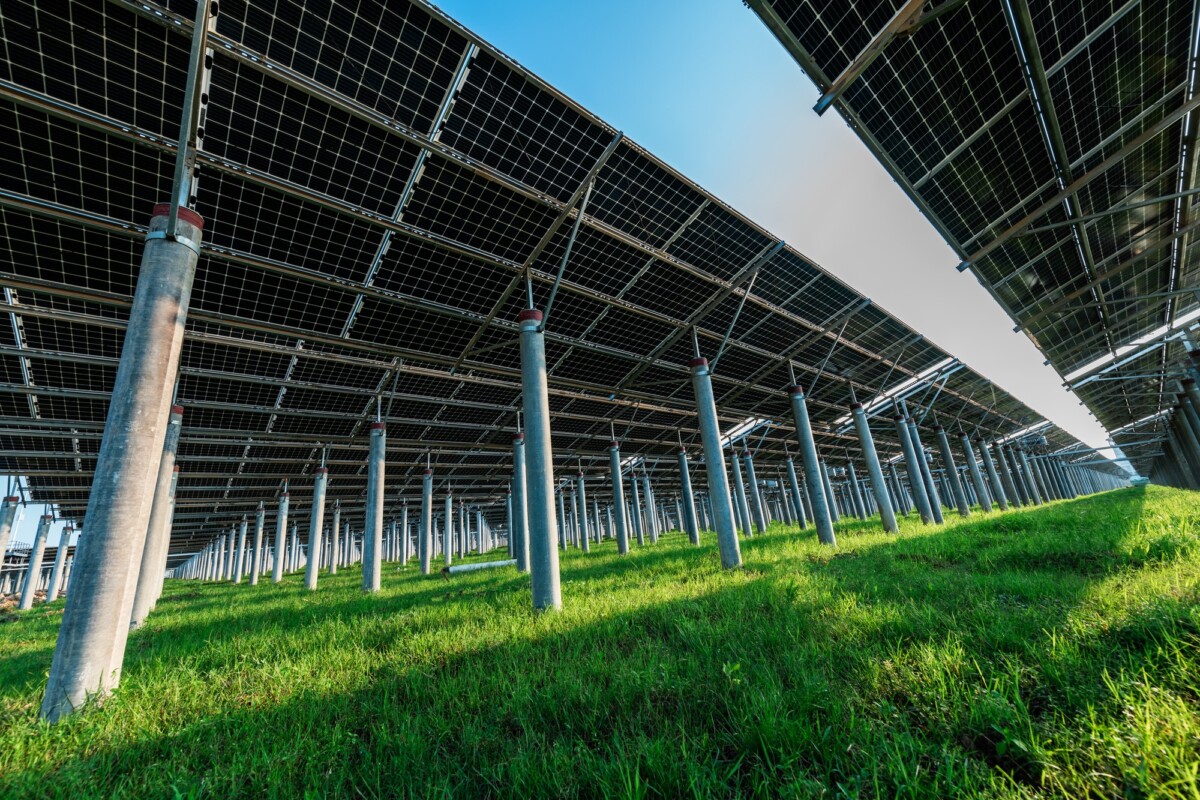
Curious about solar? Let us help you discover how solar energy can revolutionize your home and save you money. Request Your Free Solar Estimate at SOLAR ENERGY
Seasonal Trends
- Spring and Fall: These seasons offer mild weather, making installation easier and faster. Installers are often less busy, which might lead to better deals.
- Summer: While sunny, summer is a busy time for installers. Prices might be higher, and schedules tighter.
Financial Incentives
- Tax Credits: Many tax incentives are available at the start of the year. Installing early can help you claim these benefits sooner.
- Utility Rebates: Check with your local utility for rebates, which can vary throughout the year.
Planning Ahead
To get the most out of your investment, plan ahead. Research local incentives and installer availability. By timing your installation wisely, you can enjoy both immediate savings and long-term benefits.
How Installation Timing Affects Solar Panel Performance and Longevity
Choosing the right time to install solar panels is crucial for their performance and longevity. Just like planting a garden, timing can significantly impact how well your solar panels work. Knowing when is the best time to install solar panels ensures you get the most from your investment.
Seasonal Considerations
- Spring and Fall: These are ideal times for installation due to mild weather, allowing efficient work and preparation for capturing summer sun.
- Winter: Installations are possible but challenging due to snow and ice, which can cause delays.
Weather Impact
Sunny, dry days are perfect for installation, ensuring panels are securely placed without interruptions. Rainy or stormy weather can slow down the process and affect installation quality.
Maximizing Efficiency
Installing at the right time means your panels start generating electricity when needed most. By planning for spring or fall, you maximize energy production during sunny summer months, significantly reducing electricity bills.
The Role of Local Climate in Deciding When to Install Solar Panels
Deciding when is the best time to install solar panels is crucial for maximizing efficiency and savings. Local climate significantly influences this decision, as weather patterns affect solar energy production.
Spring and Fall: Ideal Installation Seasons
Spring and fall are optimal for installation due to mild temperatures and balanced sunlight, allowing installers to work efficiently and test the system under favorable conditions.
Summer: High Energy Production
Summer offers the longest days and most sunlight, leading to high energy production. However, increased demand can raise installation costs. Once installed, panels help reduce cooling expenses.
Winter: A Strategic Choice
Winter installations might seem unusual but can be strategic. With less demand, installation costs may be lower, and you’ll be ready to capture spring’s sunlight.
How SolarEnergy Can Help You Choose the Best Time to Install Solar Panels
Timing is crucial when installing solar panels, as it significantly impacts energy savings and efficiency. At SolarEnergy, we simplify the process of determining when is the best time to install solar panels. Our guidance ensures you make the most of your solar investment.
Why Timing Matters
- Maximize Sunlight: Install during sunny months to capture more sunlight.
- Avoid Bad Weather: Steer clear of rainy or snowy seasons to prevent delays.
- Incentives: Some states offer seasonal incentives for solar installations.
Seasonal Considerations
- Spring and Summer: Ideal for installation due to extended daylight.
- Fall: Prepares you for winter savings as energy use rises.
SolarEnergy is dedicated to helping you choose the optimal time for solar panel installation. With our expert advice and resources, transitioning to solar energy becomes a seamless and rewarding experience.
Planning Ahead: Aligning Solar Panel Installation with Your Energy Needs
Choosing the right time to install solar panels is crucial for maximizing energy savings and efficiency. Knowing when is the best time to install solar panels helps you harness more sunlight and cut costs.
Seasonal Considerations
- Spring and Summer: These seasons are ideal due to longer daylight hours, boosting energy production and reducing electricity bills.
- Fall and Winter: Despite shorter days, these seasons offer installer availability and preparation time for peak performance in sunnier months.
Financial Incentives
Aligning installation with financial incentives like tax credits or rebates can make solar panels more affordable. Planning ahead ensures you capitalize on these time-sensitive savings.
Personal Energy Needs
Consider your energy usage patterns. If your bills increase during certain times, installing panels before this period can offset costs. For instance, a spring installation is beneficial if summer sees higher electricity use.
Don’t wait to go solar! Thousands of homeowners are saving—join them and start reaping the benefits.
Book Your Free Consultation at SOLAR ENERGY
Explore additional solar solutions at NEW SOLAR QUOTES and discover how it can benefit your home!

